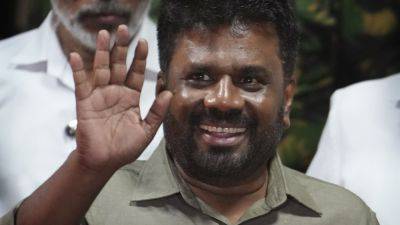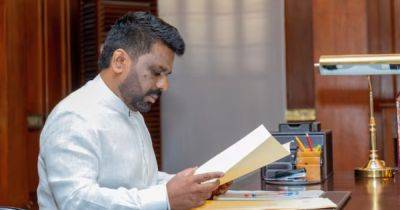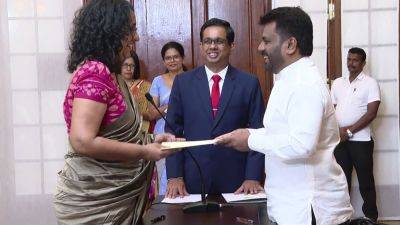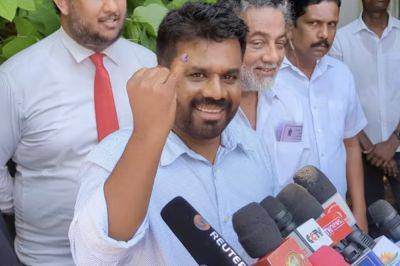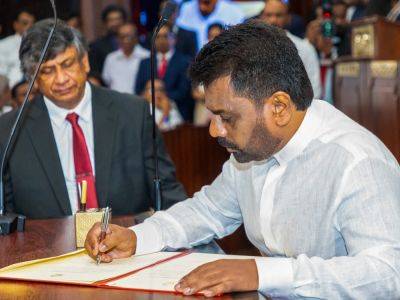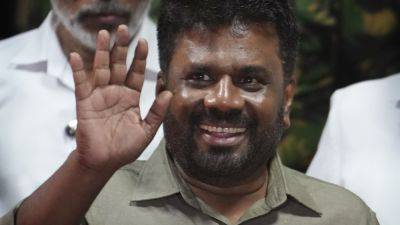With eyes on economy, Sri Lankans to vote for president in tight election
COLOMBO — Sri Lankans will vote for a new president in a tightly contested election on Sept 21, with the outcome expected to determine the fate of fragile economic recovery led by incumbent Ranil Wickremesinghe who is facing off with left-leaning rivals.
The economy, which collapsed in 2022 after a severe shortage of dollars, is one of the key issues for voters, who have struggled with inflation that soared to as much as 70 per cent, a battered currency and power tariffs that jumped 65 per cent.
Although inflation cooled to 0.5 per cent in August and GDP is forecast to grow for the first time in 2024 in three years, millions remain mired in poverty and debt, with many pinning hopes on a better future on their next leader.
“With many Sri Lankans still struggling to make ends meet, the presidential election promises to be close, tense, and possibly pivotal in setting the country’s future political trajectory,” said Alan Keenan, the International Crisis Group’s senior consultant for Sri Lanka.
The election is shaping to be a close race between Wickremesinghe, opposition leader Sajith Premadasa, and Marxist-leaning politician Anura Kumara Dissanayake.
[[nid:622103]]
The Sri Lanka Opinion Tracker Survey by the Institute for Health Policy shows Wickremesinghe, running as an independent, at third position. Dissanayake is the leading candidate and Premadasa of the centrist, more left-leaning Samagi Jana Balawegaya party is second.
Both Premadasa and Dissanayake have said they may tinker with taxes and public expenses linked to an International Monetary Fund (IMF) bailout programme.
Dissanayake has also proposed a new homegrown approach to the debt restructuring.
Run-off likely
About 17 million of Sri Lanka's 22 million people


